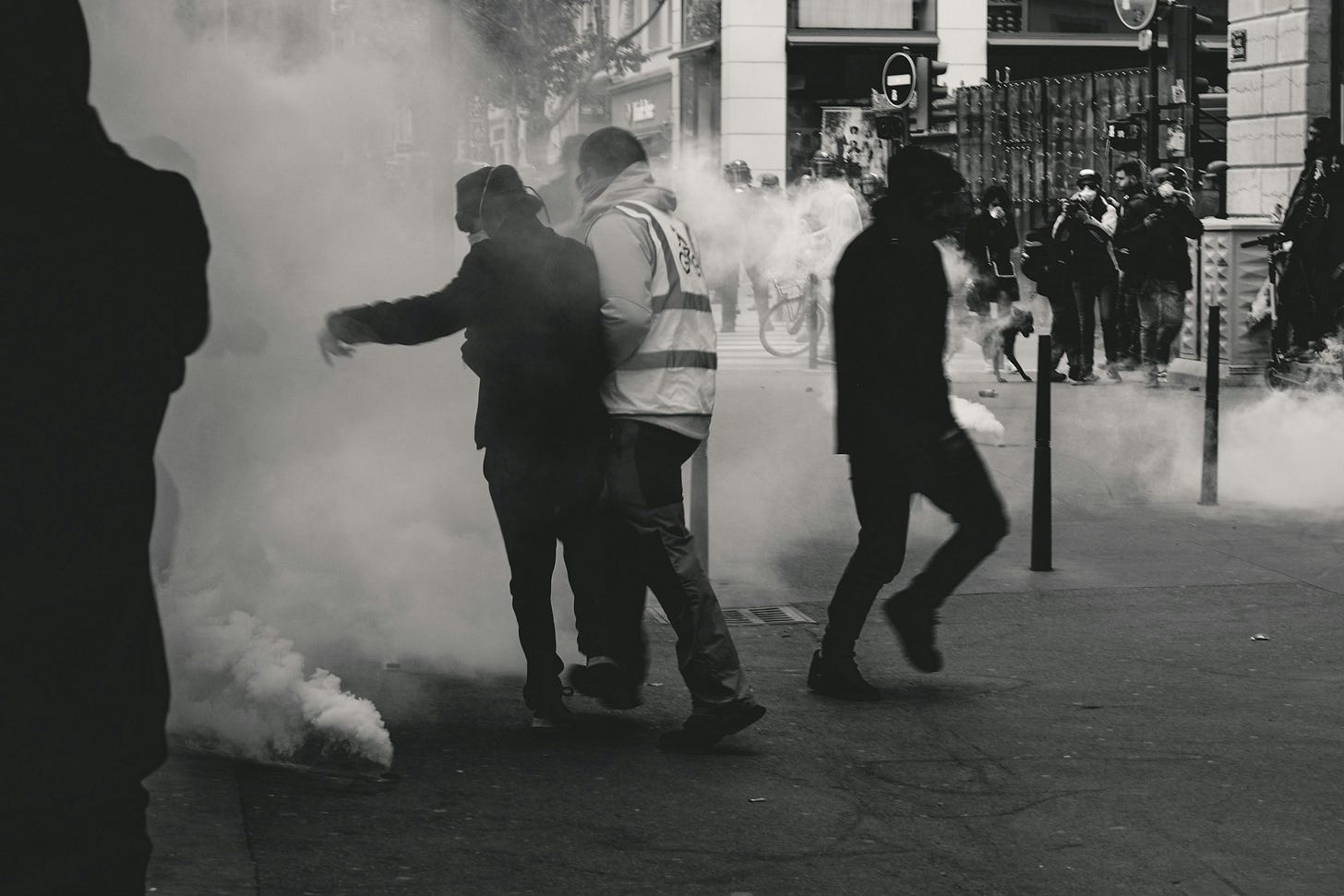In the wee hours of June 28, 1969, occurred what is currently seen as modern history’s first major protest for equal rights of the LGBTQ community: police raided the Stonewall Inn, a popular gay club on New York City’s Christopher Street that turned violent when the clientele and local supporters rioted against the raiding police officers.
Despite being legally permitted to raid the club, which didn’t have a liquor licence, the New York gay community was fed up with gay clubs being targeted by the authorities, many of which closed.
The protesters threw bottles at the raiding authorities, and grew in size to encompass neighboring streets. Order wasn’t reestablished until the New York City riot police were deployed after 4 a.m.
The riots were followed by numerous days of protests in New York City. They were the main reason the Gay Liberation Front, as well as other bisexual, lesbian, and gay civil rights organizations, formed.
In 1970, the first official gay pride parade in New York City took place, prompted by the Stonewall Riots. The route went from Stonewall up 6th Avenue.
Following the first official gay pride parade, June became LGBTQ Pride Month to serve as a reminder of the revolt that changed how LGBTQ people were treated.
The New York Police Department formally apologized in 2019 for its role in the riots and the discriminatory laws against LGBTQ people.





